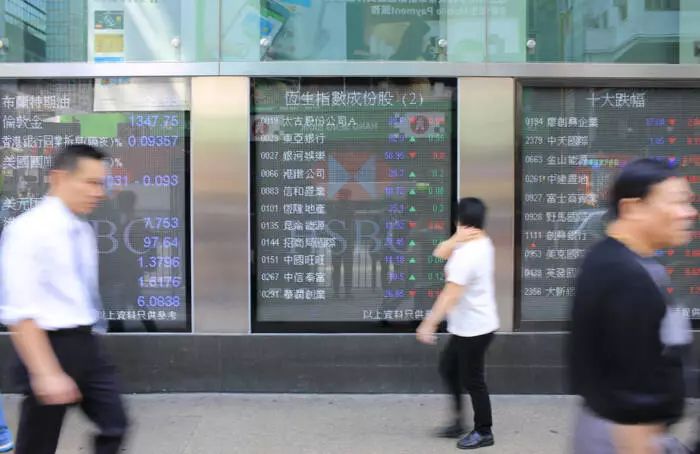The Asian market scene has been notably vibrant lately, with the Hang Seng Index showcasing a significant uptick of 1.36% on a Friday morning. This robust performance effortlessly overshadowed the losses witnessed in US markets the previous night. A pivotal driver of this surge stems from the anticipation surrounding upcoming economic stimulus measures from Beijing, which have ignited a renewed interest in Hong Kong-listed equities. As the focus shifts to the forthcoming Central Economic Work Conference, investors are keenly awaiting directives from President Xi Jinping and other Chinese policymakers regarding economic strategies for 2025. The mood is buoyed by expectations that these stimulus initiatives will primarily target domestic consumption and provide much-needed relief to the beleaguered real estate sector.
A closer look at sector performance reveals that real estate and technology stocks have been instrumental in propelling the Hang Seng Index’s morning gains. Noteworthy advancements from tech titans such as Alibaba and Tencent, which reported increases of 1.53% and 1.24% respectively, have played a crucial role. This surge subsequently lifted the Hang Seng Tech Index by 1.60%, reflecting an overall positive sentiment in the technology sector. Meanwhile, the Hang Seng Mainland Properties Index saw a commendable gain of 1.96%, indicating resilience within the real estate market despite past challenges. Similarly, mainland China’s equity landscapes showcased encouraging signs, with the CSI 300 and the Shanghai Composite indexes rising by 1.42% and 1.05% respectively.
The renewed optimism in Asian markets is, however, intricately linked to the global economic climate, particularly the implications of U.S. tariffs on Chinese goods. Concerns regarding potential tariffs have placed pressure on both markets and investors. Interestingly, insights from Natixis Asia Pacific’s Chief Economist shed light on the evolving situation. The anticipated tariffs initially suggested a 60% increase on Chinese imports contrasted with 10% on goods from other countries. However, the latest policy shift indicates a more lenient approach towards China, with a mere 10% additional tariffs proposed. The former U.S. senator David Perdue’s recent appointment as ambassador to China could signal a shift in U.S.-China relations, potentially reducing tensions and fostering a more conducive environment for bilateral trade.
This multi-faceted scenario of lower-than-expected tariffs, the anticipation of effective stimulus measures within China, and a more stabilized diplomatic relationship with the United States fosters a bullish sentiment among investors. Such developments could catalyze further demand for not just the Hang Seng Index, but also for listed stocks in Mainland China. While market conditions remain influenced by a plethora of global factors, the current trajectory presents a cautiously optimistic outlook for investors navigating the evolving economic landscape. As preparations for the Central Economic Work Conference intensify, stakeholders are urged to keep a keen eye on developments that could significantly impact market dynamics in the near future.

